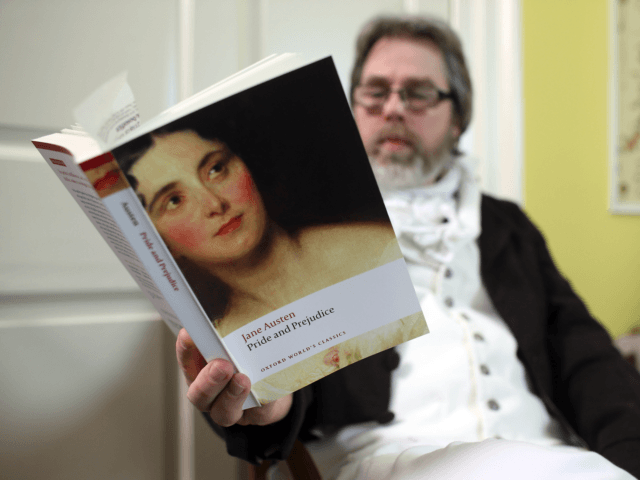In response to the Marxist Black Lives Matter movement, celebrated English novelist Jane Austen has been replaced in a literature course by African American writer Toni Morrison in order to further the “decolonisation of the curriculum”.
An English module at Scotland’s Stirling University has decided to ditch Pride and Prejudice author Jane Austen in favour of left-wing poet and novelist Toni Morrison, whose works are focussed around racism against black people in the United States and who blamed Donald Trump’s presidential victory on white supremacy.
According to internal documents seen by The Telegraph, Stirling University scrapped the Sense and Sensibility writer in the lit programme in favour of Morrison in order to ensure the “decolonisation of the curriculum” and to “contribute to increased diversity”.
The nature of the course will reportedly change as well, with students taking the Special Authors module being told that “the main topics covered will include racial difference and critical race theory, gender and sexuality.”
The students will also be educated on “black postmodernism, Gothic, as well as the aesthetics of the contemporary US and African-American novel”.
Following the re-emergence of the Black Lives Matter in Britain in 2020, the principle at Stirling University, Prof Gerry McCormac said that the school would commit to supporting an “anti-racist agenda in higher education”.
The widespread, and often violent protests in 2020, saw a slew of historical figures in Britain targeted for varied offences to the woke mob, including Sir Winston Churchill and Queen Victoria among others.
Universities were some of the first institutions to pick up on the movement as an excuse to the leftist agenda of “decolonising the curriculum,” with figures such as Sir Issac Newton, Charles Darwin, and others facing scorn for having held beliefs that do not fall in line with modern sensibilities.
Jane Austen, herself was targeted in the uproar, with a museum dedicated to honouring the author deciding to put up displays criticising her for benefiting from “Regency-era colonialism”. While Austen and her family did not own slaves or directly benefit from colonialism, the museum argued that she benefited from having access to worldly items such as sugar in her tea.
Stirling University did not directly critique Austen, and claimed that it will change out authors on an annual basis. However, when discussing some historical works, students will be given trigger warnings to warn them that they may encounter “the language of colonialism”.
“Some of the material in the module includes discussion of colonialism (including colonial violence towards men and women), enslavement, violence, racism, sexism and issues surrounding representations of gender, class, race, and mental health,” an English module trigger warning states.
Criticising the move to drop Austen, British historian Tom Holland said: “I love the idea that a British university, by dropping Britain’s most significant female novelist in favour of an American one, is somehow decolonising itself.”
“Why don’t British humanities departments just admit the truth: that they’re absolutely desperate to become outposts of American university culture?” the best-selling author questioned.
Follow Kurt Zindulka on Twitter here @KurtZindulka

COMMENTS
Please let us know if you're having issues with commenting.